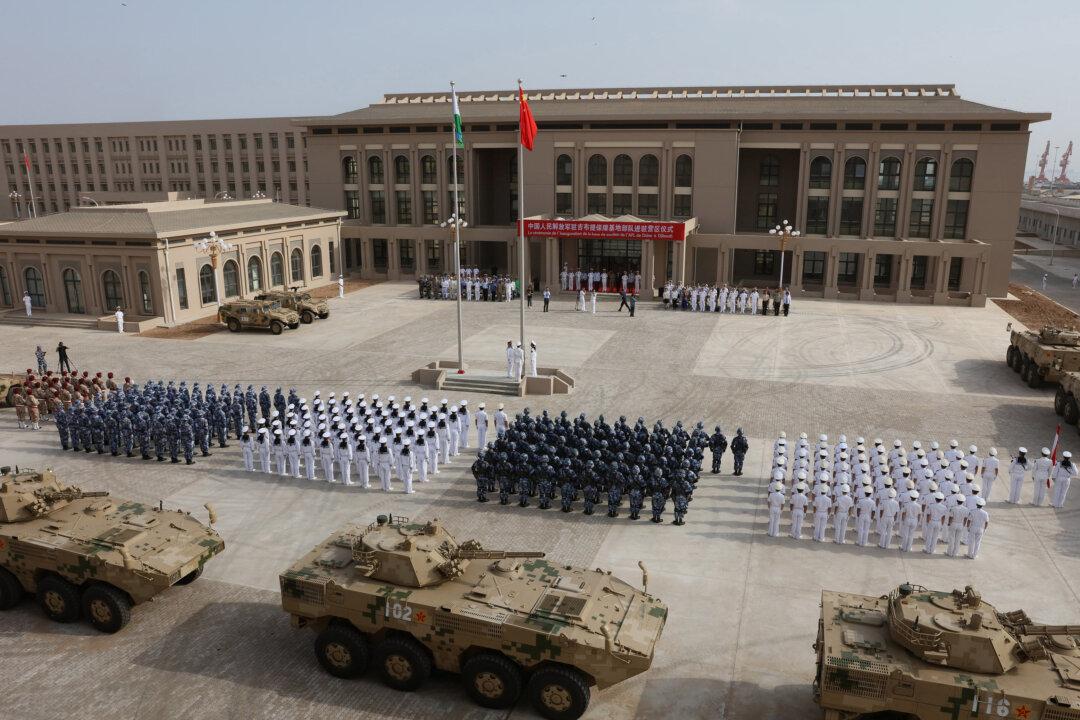China’s ability to project its naval power in the Indian Ocean as well as the continued buildup of its nuclear arsenal is of great concern to the United States, two top U.S. military officials said during recent congressional hearings.
The Beijing regime’s naval capability now includes a facility at its modernized base in Djibouti on the Horn of Africa that’s capable of supporting the country’s growing aircraft carrier force, according to Gen. Stephen Townsend, head of the U.S. Africa Command.





